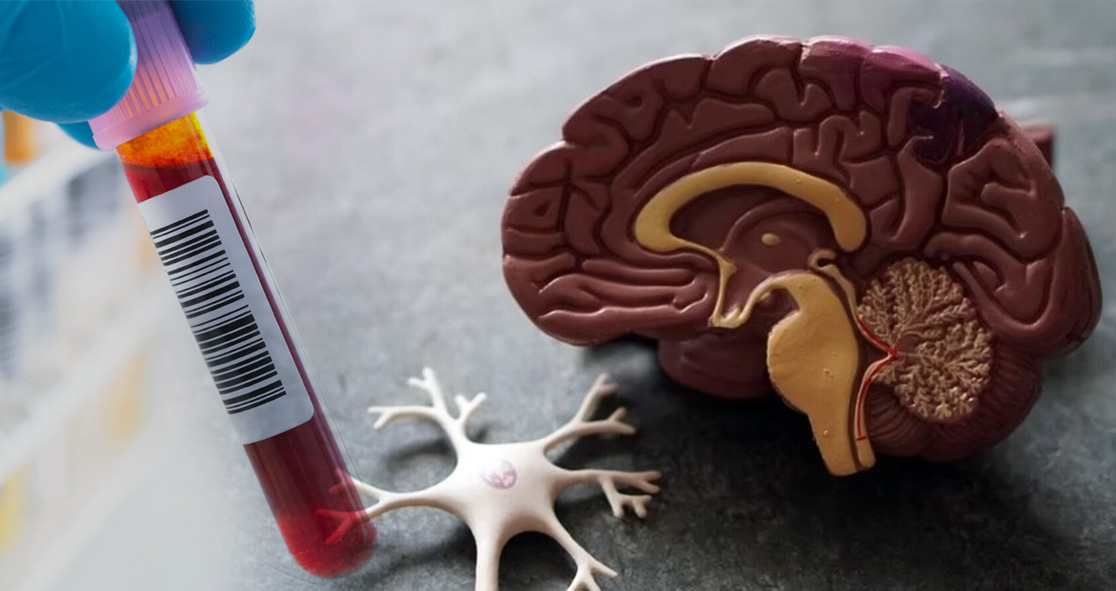A new study has shown promising results for a blood test that could identify Alzheimer’s changes in the brain before the onset of any symptoms, according to Science Daily.
The study findings, published in Alzheimer’s & Dementia: The Journal of the Alzheimer’s Association, could help develop preventative treatments for dementia or memory loss.
Researchers at the University of Kentucky noted that there are limitations to the detection of the disease-causing pathology linked to Alzheimer’s disease. It is limited to cognitive evaluations and neuroimaging like MRI and PET scans.
Blood-based biomarkers of the neurological disease are now available and the team believes they could be beneficial in the diagnosis of Alzheimer’s and other dementias – thanks to recent technological developments.
A biomarker is nothing but a measurable indicator that captures the things happening in a cell at a given moment.
Lead author Dr. Zachary Winder of the UK College of Medicine worked with Dr. Donna Wilcock and analyzed the extensive bank of samples found within the UK’s Alzheimer’s Disease Research Center autopsy cohort.
The researchers identified blood samples from participants who had blood taken and banked within two years of their death. They tested those samples from 90 participants for a variety of proteins in order to identify biomarkers in the blood, which could predict changes in the brain that might have contributed to memory loss.
The researchers believe their findings support the continued study of blood-based biomarkers as one of the clinical screening tools for Alzheimer’s.
Dr. Wilcock said, “This study provides evidence that a blood test could be used to estimate the presence of Alzheimer’s disease changes and blood vessel damage in the brain. We identified proteins in the blood that indicate protein changes and changes in the brain known to cause dementia. Higher pTau181 and lower beta-amyloid in the blood indicate amyloid plaques of Alzheimer’s in the brain.”
“Protein markers of inflammation in the blood were also associated with higher amyloid plaques in the brain,” she added. “We also looked at proteins that might have a relationship with damage to the blood vessels of the brain. We found that inflammation proteins in blood were related to damage to blood vessels in the brain.”
The team agrees that identifying biomarkers will allow doctors to diagnose and monitor patients, especially asymptomatic patients, who could be more responsive to potential preventive treatments.
Dr. Wilcock said, “Blood samples can be easily obtained, even at primary care visits. The development of a blood test would eliminate the need for expensive, specialized PET scans or invasive, uncomfortable spinal taps.”





















